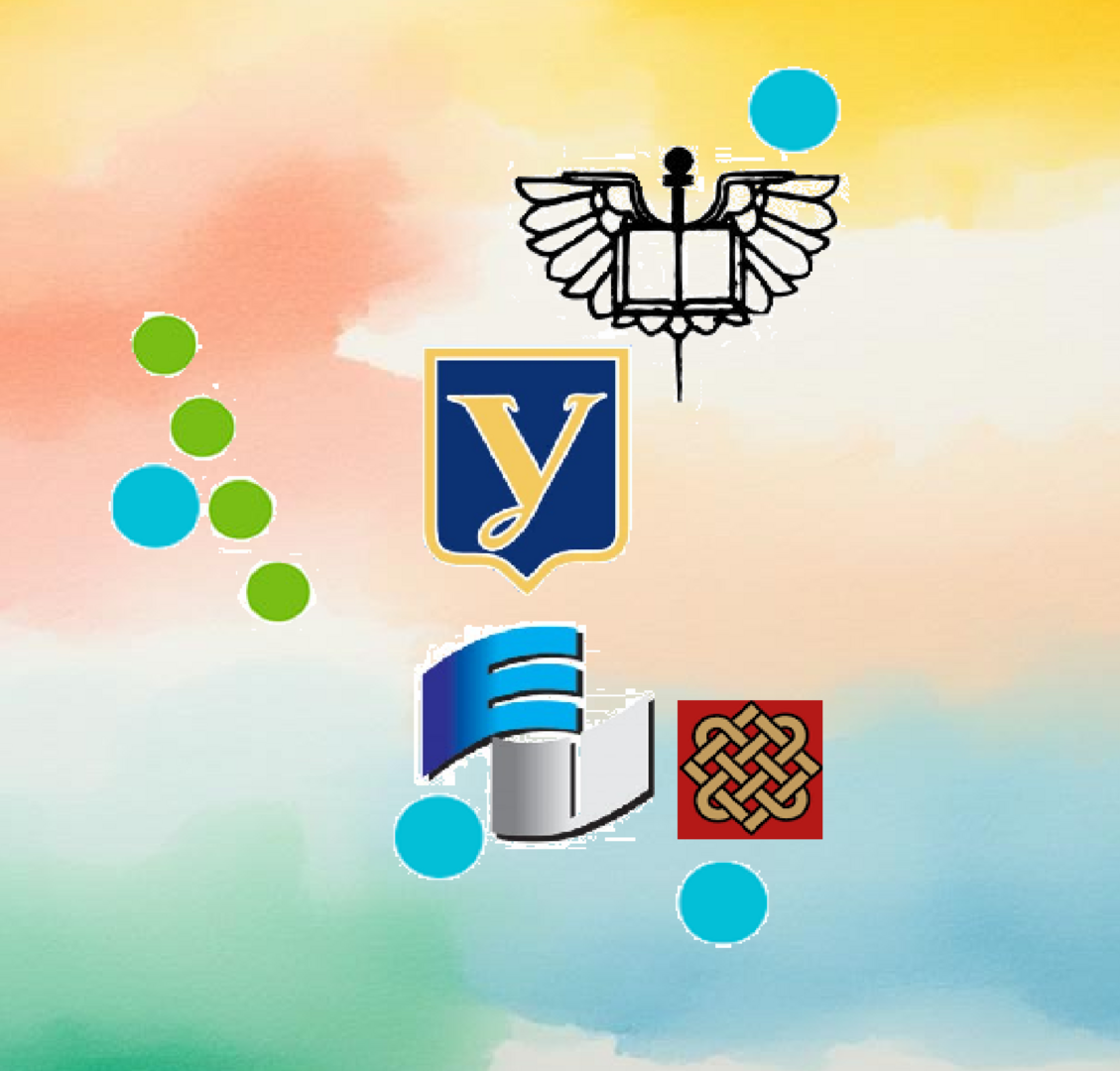The Geopolitics of Ukraine and Its EU Integration in the V4 Context
The Geopolitics of Ukraine and Its EU Integration in the V4 Context

The Visegrad Grant+ was won by the Ludovika University of Public Service, in consortium with the Mendel University, Brno, the University of Economics in Katowice, the University of Economics in Bratislava and the Karazin Kharkiv National University. The scope of the project is the EU integration of Ukraine and its relevance for V4 countries. Project number: 22430298

About the funding: https://rice.uni-nke.hu/visegrad-grant-project/english/funding-by-internatonional-visegrad-fund
The International Visegrad Fund provides funding for the project's realization.. https://www.visegradfund.org/
About the consortium partners: https://rice.uni-nke.hu/visegrad-grant-project/english/project-partners
The focus of the project:
The Russo-Ukrainian conflict has been a major geopolitical concern in recent years. In addition to endangering the geopolitical security and stability of the Visegrad area, this war halted and retracted Ukraine's European integration process. This circumstance places the V4 nations in a new political position where they should be a more active force behind Ukraine's integration process in order to assist Ukraine's economic growth and territorial integrity and so avoid the unfavorable effects of instability. By identifying the key barriers to a united voice among V4 political leaders in support of Ukraine and revealing the elements supporting Ukraine's European integration, this initiative seeks to strengthen the stability of the Visegrad area. At the same time, the project can help the V4 leaders, governments and institutions to develop the harmonization of policy toward Ukraine, soften the conflict in the Visegrad cooperation, and raise the efficiency for prevailing the security, political and economic interests of V4 countries in the European process.
We wish to address the position of V4 countries within the EU and attempt to define their potential contribution to the debate on the EU enlargement toward the Ukraine. In this project, we wish to raise and discuss these issues in the international academic community by engaging students and scholars in a productive debate. Its results will be disseminated among policy advisors, policy makers. Moreover, it will be distributed through media in order to reach a broad audience. Big things often start at the grassroots.
Our intention is to promote the idea of V4 cooperation and common actions for Ukrainian sovereignty, integrity, European integration to strengthen the regional geopolitical stability and prosperity. This is a big task, so it needs to be addressed on a smaller scale first. The project will address the main problem by focusing on the activities within academic community (students and scholars) and dissemination of effects in the media and among institutional stakeholders. The pivotal issue here is raising the awareness of our position within the EU and of potential gains from V4 cooperation within national governmental and EU structures. Another thing is that we must promote the idea of harmonization and implementation of Ukraine aiding by the V4 group. Finally, we must formulate promising proposals for cooperation that might lead to policy recognition, regional stability and political consensus. These will be presented in policy papers based on activities. First, we would like to conduct a series of workshops, lectures and debates with all involved parties. These events would be aimed at reaching students, scholars and invited experts, as well as possibly policy advisers and opinion makers. Second, we intend to develop four thematic policy papers produced jointly by international workshop participants. All policy papers will be published and shared in English. Additionally, we will announce an international master/diploma thesis competition devoted to the issues of the project and organize an international conference to share the results among scholars.
After the initial period of cooperation before joining NATO and the EU, Visegrad group countries decided to pursue policies based on their own particular interests. Today their cooperation is hardly visible and remains beyond the scope of public awareness. However, we adopt the position that Visegrad countries should strive to play a significant role within the structures of the EU, but in order to do so they need to cooperate much more closely than they do today. Together, they would be much stronger than individually. It would be beneficial for them to act like the Nordic Council, for example. Similarly to the Nordics, V4 share many features, like historical legacy, geographical location, social expectations and the position of catching-up economies. This makes them natural allies in pursuing favorable regulations within the EU, despite many differences that exist within the V4 group. Our main goal is to analyze the possibilities of cooperation between the V4 countries. As the general idea of V4 cooperation is very broad we intend to concentrate on four fields for addressing the factors of Ukrainian integration and aiding, moreover, redefining the idea of Visegrad security, stability and prosperity via Ukraine:
- Post-war economic recovery of Ukraine.
- Political system and defence analysis of the Ukraine in the light of Copenhagen criteria and Cooperation for Security and Defence
- Economic and budget impact of the Ukrainian accession
- Development of business and trade relations between Ukraine and the EU under Eastern Partnership and enlargement negotiations.
We wish to integrate the scholarly community around this idea, reach a general audience through media, and promote it among institutional stakeholders (policy advisors, policymakers, thinktanks etc.).
